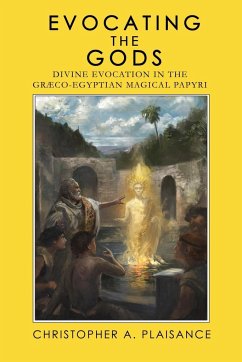In "Allan and the Ice-gods," H. Rider Haggard draws readers into a gripping narrative set against the backdrop of Arctic exploration and ancient legends. This novel features a blend of adventure, fantasy, and folklore, revealing Haggard's characteristic style of vivid imagery and compelling dialogue. Richly detailed and imbued with elements of mysticism, the text engages with the Victorian fascination with the unknown, highlighting both the physical and psychological landscapes of exploration in a rapidly changing world. As the protagonist, Allan Quatermain, embarks on a thrilling journey, he confronts not only challenging elements but also tragic truths about humanity and the past. Haggard, a prominent figure in adventure literature, was influenced by his experiences in Africa and the broader currents of the 19th century, including imperialism and cultural exploration. His understanding of human nature, alongside his keen interest in myths and legends, culminates in this work, where he expertly interweaves folklore with narrative, echoing his larger oeuvre. Such themes resonate with Haggard's commitment to exploring moral intricacies and the human condition in his storytelling. Readers seeking an immersive experience that combines action with philosophical depth will find "Allan and the Ice-gods" an unforgettable addition to the adventure genre. The novel not only entertains but also invites contemplation of the narratives we weave in our attempts to understand our world. Haggard's mastery in crafting intricate plots and dynamic characters promises a rewarding exploration for fans of classic literature and those intrigued by the myths that shape our civilization.
Bitte wählen Sie Ihr Anliegen aus.
Rechnungen
Retourenschein anfordern
Bestellstatus
Storno








